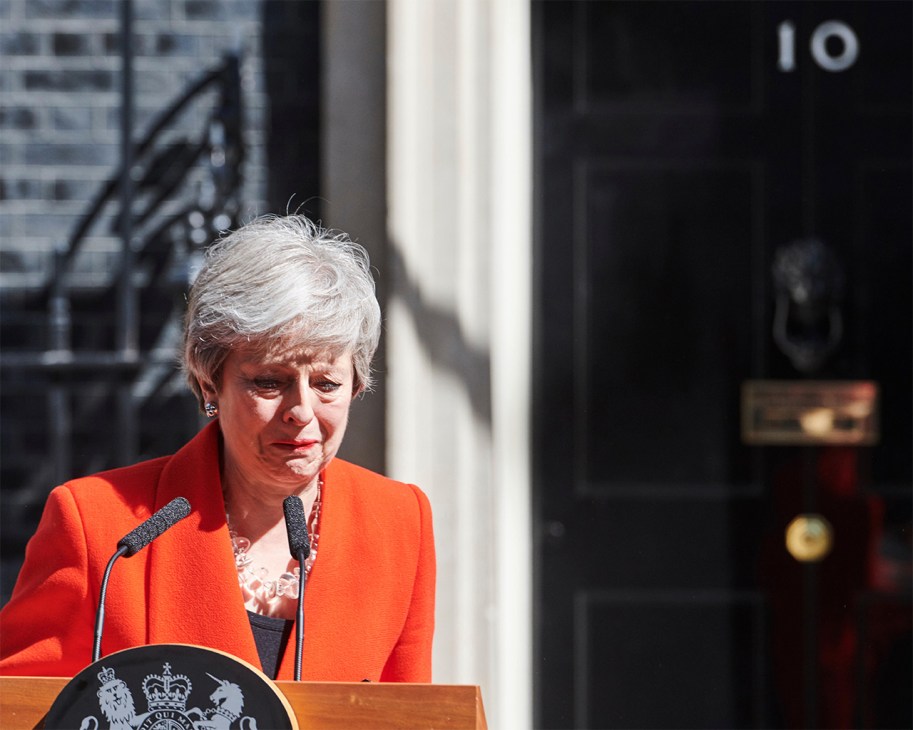For crying out loud: Tears aren’t the weakness that many would have you believe
When exactly is it okay to cry in public? And who gets to do it? It’s a question I’ve been pondering since last week when the UK’s chancellor of the exchequer, Rachel Reeves, shed a tear in the House of Commons and caught the world’s attention while she was at it. Whether you put her watery eyes down to the official version of events (a personal matter) or the fact that her job was on the edge of a precipice following a disastrous Labour Party about-turn over welfare reform, the media made it clear almost immediately that she was one person not permitted to blub in the spotlight.
Reeves’ show of emotion was picked up by outlets around the world. In the US, CNBC reported that the UK was “in dire straits after minister’s tears rattle markets”. In Italy, meanwhile, La Repubblica made a clip of the finance minister in its “video of the day”, accompanied by the explainer: “Minister cries in parliament over budget law: tears sink sterling and bonds.” Italy has form when it comes to politicians crying in public. Back in 2011, former welfare minister Elsa Fornero was trying to prepare the Italian public for the austerity measures that the technocratic government of Mario Monti was about to unfurl, when she was caught by TV cameras being unable to finish pronouncing the word “sacrifice” as she wiped a tear from her eye.

Reeves isn’t the first British politician to cry. Theresa May – famously derided for being robotic and lacking emotion – broke down outside 10 Downing Street after announcing her resignation in 2019. But instead of suddenly being celebrated for showing another side to her character, she invited scorn for all the times that she had failed to show empathy during her tenure.
Who, then, is allowed to cry in public? Well, if it happens to a sports star, it’s deemed endearing. Think former British runner Paula Radcliffe at the 2004 Olympics in Athens after dropping out of a race or Argentine footballer Maradona, who seemed to open the waterworks at any given opportunity. Public mea culpas from Japanese businessmen also seem to wash well with the public there, notably Toyota’s then-president Akio Toyoda when giving a tearful apology back in 2010.
Politicians have no such carte blanche. We expect them to be Teflon Men and Iron Ladies – and with some reason – while also deriding them if they appear too wooden. In many ways they hold both the stability of a nation and its public image in their hands, meaning a public wobble can lead to an ever greater financial one.
Reeves hasn’t brought the UK to its knees – and markets have stabilised. Could and should Labour have handled the situation better? Certainly. But while many look at the incident through a prism of poor organisation and even a lack of professionalism, I prefer to see it another way. In an age in which politicians often seem out of touch and are schooled by aides to do anything but answer a question directly, Reeves’ tears were proof that politicians are fallible and human. Sometimes – only sometimes – they could benefit from our sympathy rather than our scorn. It feels good to be reminded of that fact.
Stocker is Monocle’s Europe editor at large, based in Milan. For more on the UK’s Labour government, see its effort to get the “special relationship” back on track.



